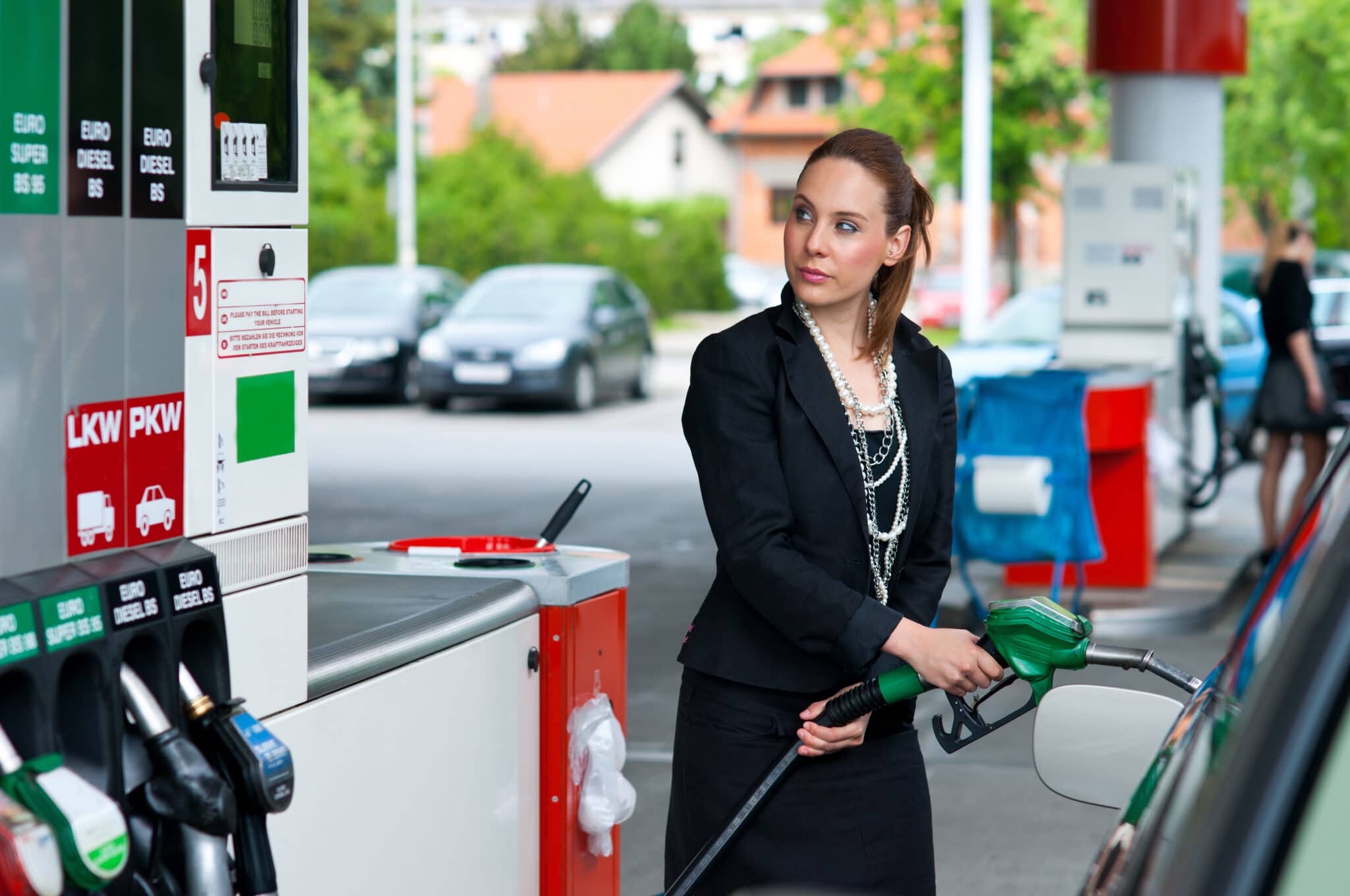Gas prices are up again in Georgia, and that means drivers are feeling it in their wallets. The average price for regular gas is now $2.95 a gallon—9 cents higher than last week. But there’s a silver lining: it’s still 31 cents cheaper than this time last year.
⛽ Why It Matters: Every penny counts for Georgia families, especially when it comes to filling up the tank. Even a small jump in gas prices can make a big difference.
📈 What’s Happening:
Gas prices in Georgia have gone up, but not as much as in other parts of the country.
- It now costs about $44.25 to fill a 15-gallon tank in Georgia.
- That’s almost $7 less than it cost a year ago.
🔑 Key Term- Average: The “average” is a value that represents the middle point of a group of gas prices, indicating what is typical for those prices overall. However, the price you see at your local gas station may not be exactly the average due to factors such as location, competition, or recent changes in supply and demand. Different stations may set their prices based on local market conditions, taxes, and operating costs, leading to variations from the average price in the area. This means that while the average gives a general idea of what gas costs, individual prices can be higher or lower depending on these specific factors.
💡 Between the Lines: Where you live in Georgia can change how much you pay at the pump.
- Savannah has the highest prices at $3.03 a gallon.
- Augusta-Aiken drivers pay the least, at $2.89 a gallon.
🌎 The Big Picture: Gas prices are rising across the country, not just in Georgia. The national average is now $3.21 a gallon. But prices are still far below the record highs from two years ago, when drivers paid over $4.49 a gallon in Georgia.
⛽ About Gas Prices: Gas prices can change frequently, and there are many reasons why. It isn’t as simple as most people think. The biggest reason is the cost of crude oil, which can go up or down based on both world events and how much people want it. There are also costs to make the oil into gas and get it to gas stations. Different locations have different types of gas, and that can also change the price. Taxes also add to the cost. Sometimes, bad weather or problems at oil refineries can make prices go up or down quickly. Also, if the U.S. dollar is strong or weak, that can affect the price. All these things together give us the final price we see when we fill up our tanks.
🛑 🛑 🛑
Before You Dismiss This Article…
We live in a time when information feels overwhelming, but here’s what hasn’t changed: facts exist whether they comfort us or not.
When A&W launched their third-pound burger to compete with McDonald’s Quarter Pounder in the 1980s, it failed spectacularly. Not because it tasted worse, but because customers thought 1/3 was smaller than 1/4. If basic math can trip us up, imagine how easily we can misread complex news.
The press isn’t against you when it reports something you don’t want to hear. Reporters are thermometers, not the fever itself. They’re telling you what verified sources are saying, not taking sides. Good reporting should challenge you — that’s literally the job.
Next time a story makes you angry, pause. Ask yourself: What evidence backs this up? Am I reacting with my brain or my gut? What would actually change my mind? And most importantly, am I assuming bias just because the story doesn’t match what I hoped to hear.
Smart readers choose verified information over their own comfort zone.

B.T. Clark
B.T. Clark is an award-winning journalist and the Publisher of The Georgia Sun. He has 25 years of experience in journalism and served as Managing Editor of Neighbor Newspapers in metro Atlanta for 15 years and Digital Director at Times-Journal Inc. for 8 years. His work has appeared in several newspapers throughout the state including Neighbor Newspapers, The Cherokee Tribune and The Marietta Daily Journal. He is a Georgia native and a fifth-generation Georgian.


